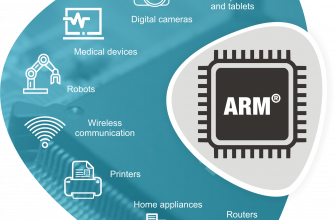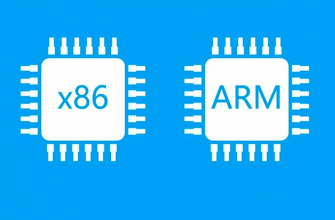In this article, we will take a detailed look at why Android device users might need root rights, their main benefits, and the possible risks associated with their use.

- What is root rights
- Why do users root their devices?
- Removing pre-installed software
- Installing specialized applications
- Performance tuning
- System update
- Customizing the appearance
- Risks Associated with Rooting
- Loss of warranty
- Security vulnerabilities
- Stability issues
- Complexity of the process
- Conclusion
- Questions on the topic
- What are the risks of installing root rights?
- What are the disadvantages of root rights?
- What will happen to the phone if you root it?
- What do root rights give to Xiaomi?
What is root rights
Root rights are administrative privileges that allow the user to fully control their device based on the Android operating system. In terms of Linux and Android OS, the root user has the highest privileges and can perform any operations with the system files and device settings.
Why do users root their devices?
Users get root rights on their devices in order to expand the capabilities of their smartphones or tablets and gain full control over them. Let's consider the main advantages of using root rights.
Removing pre-installed software
Mobile device manufacturers often pre-install software on their devices that users cannot remove without rooting their device. Rooting your device allows you to clean up unwanted apps and free up memory space.
Installing specialized applications
Some applications require root access to work. These can be applications for backup, monitoring device resources, desktop settings, and many others.
Performance tuning
Root rights allow users to optimize device performance, manage CPU frequency, limit resource usage, and change GPU settings.
System update
With root rights, a user can install custom versions of the operating system, which usually contain new features and bug fixes not available in official updates.
Customizing the appearance
Root rights allow you to customize the appearance of the system, install themes, icons and other interface elements.
Risks Associated with Rooting

Rooting your device can come with some risks and potential issues. Let's look at the main ones.
Loss of warranty
Many mobile device manufacturers consider rooting a warranty violation. As a result, if the device experiences technical issues after rooting, warranty coverage may be denied.
Security vulnerabilities
Rooting your device can make it more vulnerable to attacks and malware. Rooted users may accidentally give unscrupulous apps access to their data, which could lead to data leaks or a device being infected with viruses.
Stability issues
Changes to system files and device settings can cause crashes, freezes, and other stability issues. In some cases, this can lead to the device breaking or the need for a full system restore.
Complexity of the process
Rooting can be a complex process that requires some skill and knowledge. If the user is not familiar with the process, there is a risk of bricking the device, a condition in which the device becomes inoperable.
Conclusion
Rooting can provide significant benefits to an Android user, such as full control over the device, the ability to remove pre-installed software, install custom apps, and customize the look and performance of the device. However, rooting comes with risks, including voiding the warranty, security vulnerabilities, stability issues, and complexity. Users should weigh the benefits and risks before deciding to root their device.
Questions on the topic
What are the risks of installing root rights?
Installing root rights may lead to the following consequences:
- Void of warranty: Manufacturers may consider rooting a breach of warranty.
- Security vulnerabilities: The device becomes more vulnerable to attacks and malware.
- Stability issues: Changes to system files and settings can cause crashes, freezes, and other stability issues on your device.
- Complexity of the process: The process of gaining root rights can be complex and require certain skills and knowledge.
What are the disadvantages of root rights?
The downsides of root access include:
- Loss of warranty.
- Security vulnerabilities and risk of data leakage.
- Possible problems with the stability and functioning of the device.
- The complexity of the process and the risk of “brick” (inoperative state of the device).
What will happen to the phone if you root it?
Rooting your phone gives you full control over the system and allows you to make changes to system files and settings. This allows you to remove pre-installed apps, install specialized programs, optimize performance, and customize the appearance of the device. However, rooting can also have negative consequences, such as security vulnerabilities, stability issues, and loss of warranty.
What do root rights give to Xiaomi?
Rooting Xiaomi devices provides the same benefits as other Android devices. It allows you to:
- Remove pre-installed software and free up memory space.
- Install specialized applications that require elevated privileges.
- Optimize performance, manage CPU frequency and GPU settings.
- Install custom versions of the operating system with new features and bug fixes.
- Customize the appearance of the system, install themes, icons and other interface elements.








